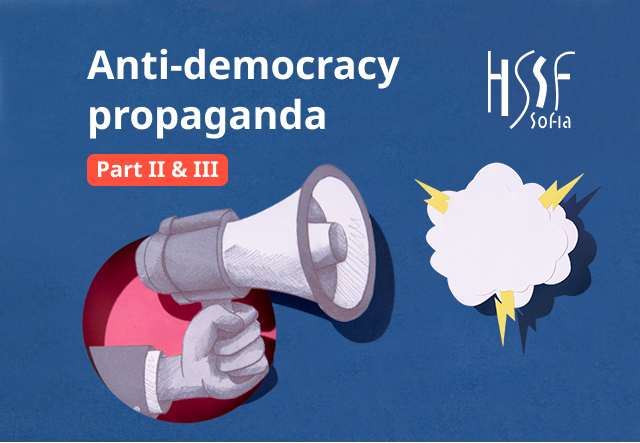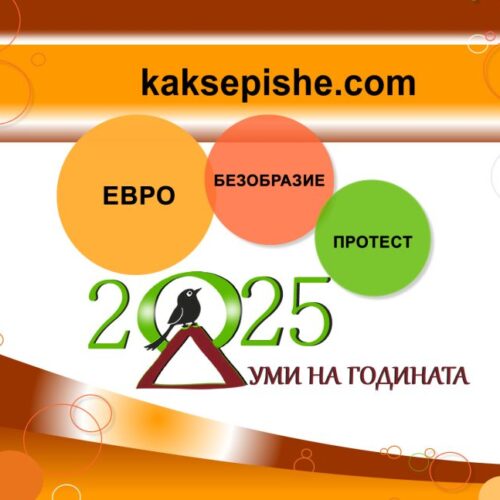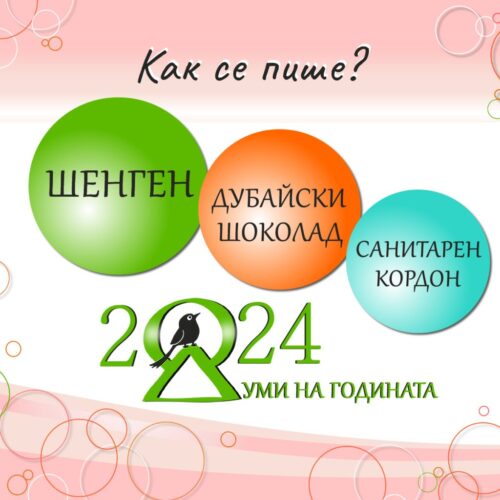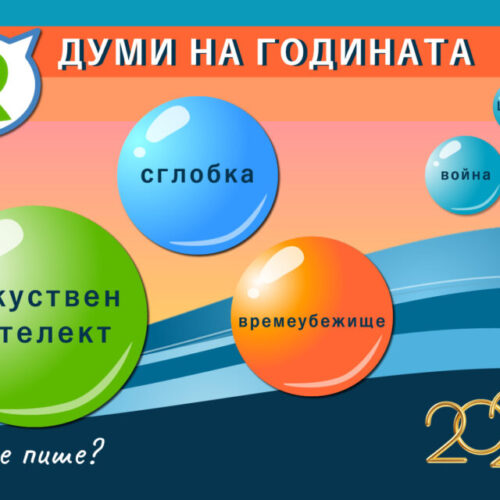Some time ago we announced our partnership with the Human and Social Studies Foundation (HSSF) Sofia under the project “Anti-liberal discourses and propaganda messages in Bulgarian media: dissemination and social perception” which resulted in a complete report on anti-democratic propaganda in Bulgarian media for the period 2013-2016.
Taking their work one step further they have continued their research by publishing the second and third stidues of this project.
Anti-Democratic Propaganda in Bulgaria. Part Two. Online Media in 2017: Frequency Measurement and Content Analysis
On the first hand, the second study “Anti-Democratic Propaganda in Bulgaria. Part Two. OnlineMedia in 2017: Frequency Measurement and Content Analysis”, focuses on the situation in the Bulgarian media landscape throughout 2017. The methodology of the study replicated the one from the previous research on the period 2013-2016. Sensika was used to access and process in real-time more than 3,500 Bulgarian-language websites. Discussion forums and aggregators were excluded from the search in order to avoid the effect of erroneous identification of articles due to automatic content recycling. Social media channels, although covered by Sensika, were also excluded from the study.
The frequency measurement and the content analysis of the anti-democratic publications were also conducted following the methodology described in the report “Anti-Democratic Propaganda in Bulgaria Part One: News Websites and Print Media 2013-2016”
The second study of this project outlined the following main findings:
- Open geopolitical propaganda is giving way to propaganda for “domestic use”
- There has been a slight decline in the overall propaganda activity focused on geopolitical topics
- Due to its persistent popularity, the attacks against the EU have sharply decreased
- There has been a shift towards more “positive” messages in Russian propaganda that is now focused on praising Russia’s political and spiritual might and Russian weapons
Hate Speech through the Vocabulary of Populist Propaganda in Bulgaria, and Its Spread in Bulgarian Online Media (1 June – 31 August 2018)
On the other hand, the third and last study of the project “Anti-liberal discourses and propaganda messages in Bulgarian media: dissemination and social perception” focused on identifying which media outlets and politicians most often spread hate speech in Bulgaria. The studied period was limited to the summer of 2018, during the so-called political “dead season” in which there are usually no significant socio-political events generating and motivating “spontaneous” outbursts of hate speech.
Sensika’s large database of more than 3,500 websites was used to help the researchers identify which media outlets most frequently use a list of predefined vilifying epithets from the vocabulary of populist propaganda in Bulgaria. The list of these epithets could be found below:
- sorosoid (sorosoid)
- puppet (marionetachen)
- grant-sponger (grantadzhiya)
- protester (protestar)
- liberast (liberast)
- tolerast (tolerast)
- Eurogay (evrogey)
- un-Bulgarian (bezrodnik)
- sell-out (prodazhnik)
- freeloader (hrantutnik)
- yes-man (poslushko)
- genders (dzhendari)
- de-Bulgarification (obezbalgaryavane)
- de-Bulgarization (debalgarizatsiya)
- Gypsization (tsiganizatsiya)
The complete report by HSSF Sofia gives a detailed list of the media outlets that most frequently used the aforementioned terms, the Bulgarian politicians who most frequently used hate speech and the socio-political events that generated the most hate speech in the summer of 2018. If you are interested to find out more, check it out.
We are thankful for the opportunity to contribute to this project and we are looking forward to more similar projects!



